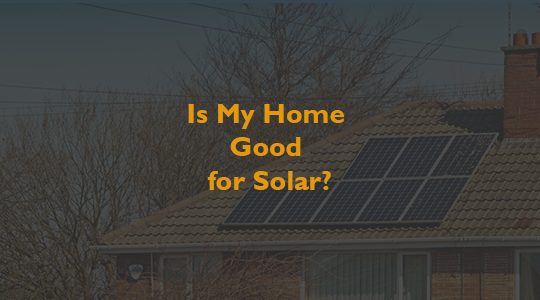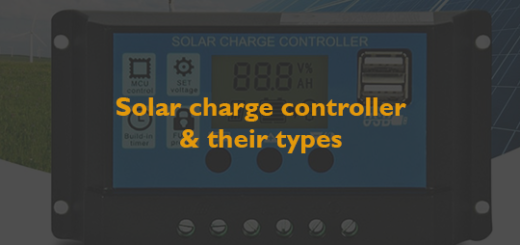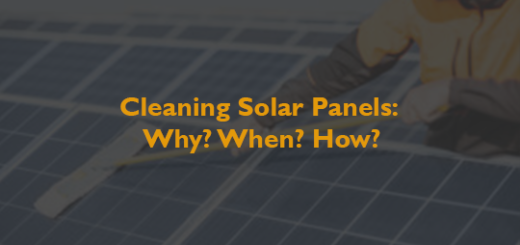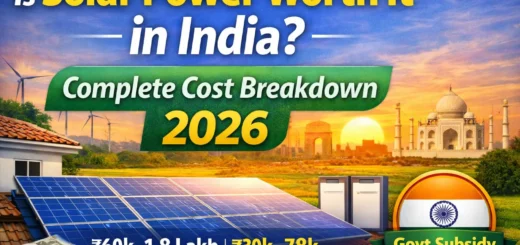Is My Home Good for Solar?

At this point, you probably know that solar power is a beneficial choice for the environment and for your finances. You might be interested in making the transition to solar energy, but you wonder if solar is even feasible with your house. Read on to learn more about solar panels requirements and if your home is a good fit for a solar system.
There are some physical requirements for your home to qualify for solar power. These are the most important that a solar installer will examine during an assessment.
Roof Size
Your roof needs enough space for solar panels to fit, so a large wide-open roof usually works. You’ll also want there to be a space without chimneys or vents that might block sunlight. Still, if you don’t think you have enough room on your roof, you might be surprised. Sometimes it’s possible to install fewer higher-efficiency solar panels that can fit in smaller spaces. Vent relocation can also be performed to free up valuable space on your roof for solar power generation.
Roof Pitch
The roof pitch is the angle of your roof, and it can affect whether or not solar panels can be mounted on your roof. Most standard roofs are about 30 to 45 degrees, which is also the optimal angle for solar panels. So most likely your roof pitch qualifies. A steep roof may reduce electricity production, but this can be countered by installing more solar panels. Typically, we see steeper roofs produce relatively more power in winters and a bit less in summer. Vice versa for lower pitched roofs!
Roof Obstructions
To generate electricity, you need the maximized amount of sunlight hitting your roof. Chimneys, vents, pipes, even trees can obstruct sunlight and reduce efficiency. Some obstructions can be moved if it seems like they’d cause major problems, but you also should remember that a little shade at some times during the day is okay.
Roof Direction
A south facing roof is ideal for solar panels since it’ll receive the most direct sunlight. If you have an east or west facing roof though, you shouldn’t think that means you can’t get solar panels. East and west facing roofs can get enough sunlight in some areas, or you could consider installing additional solar panels to maximize your energy production.
Roof Materials
Solar panels can be installed on nearly any kind of roof material. But if you have a wood or slate roof, your roof may be more brittle and make installations a little more difficult. Luckily, you can still get solar panels, but you may have to find an installer with specialized equipment to make sure your system is installed properly and without damaging your roof.
Electrical Wiring
Since solar panels are installed to create electricity, you’ll need good electrical wiring in place. Usually a surveyor will need to make sure you have the right clearances and no damaged wiring on your roof, electrical panel, and attic. Usually if something’s wrong, you can upgrade it and be good to go for solar.
Climate
Where you live can have a large impact on solar production. If your local climate receives less sunlight, you will produce less electricity. More overcast climates can have reduced efficiency. But even if you live in a cloudy city, you can still benefit from and qualify for solar. Energy rates vary from city to city, but some cloudy cities have great rates—which would make solar power ideal.



